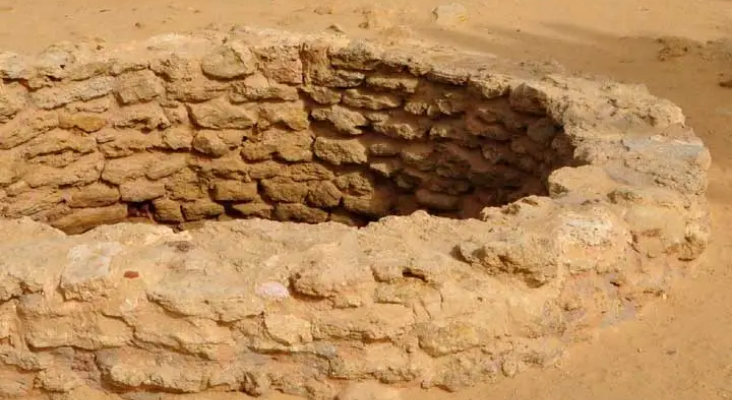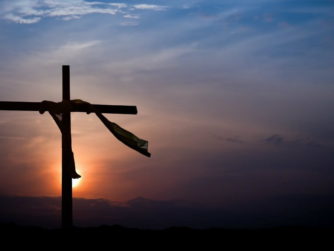Amidst the prevailing famine in the land, God is mobilizing Christians for His work, drawing a parallel to the experience of Isaac, who was held in reserve for the fulfillment of divine promises and prophecies. These Christians, having personally encountered Jesus at the Beer Laharoi, the “well of the living one who sees me” or “the well of the vision of life,” gain insights into Jesus’ life and ways. Through the exclusive guidance of the Lord Jesus, they become prepared for divine assignments.
The Importance of Communion and Meditation in Preparation
It is conceivable that Isaac sought the face of God and communed with Him at this well when his father’s eldest servant went to procure a wife for him. As Rebekah arose to come to Isaac in Canaan, Isaac, having communed with God, emerged from the path of this well—finding Jesus’s way, the pattern for his marriage, and the path through God’s vision for his life and marriage. Meditating on this at eventide prepared him to ‘lift up his eyes’ and witness the returning camels, his wife and father’s servants. Such vision is granted only to those who have encountered God and are lifting up their eyes to Jesus daily (Genesis 24:61-67).
Genesis 26 vs 1-5: And there was a famine in the land, beside the first famine that was in the days of Abraham. And Isaac went unto Abimelech king of the Philistines unto Gerar. And the Lord appeared unto him, and said, Go not down into Egypt; dwell in the land which I shall tell thee of: Sojourn in this land, and I will be with thee, and will bless thee; for unto thee, and unto thy seed, I will give all these countries, and I will perform the oath which I sware unto Abraham thy father; 4 And I will make thy seed to multiply as the stars of heaven, and will give unto thy seed all these countries; and in thy seed shall all the nations of the earth be blessed; 5 Because Abraham obeyed my voice, and kept my charge, my commandments, my statutes, and my laws.
The narrative in Genesis 26 recounts a famine in the very land God promised Abraham, the patriarch of faith. This famine compelled Isaac to leave the geographical location (Gen 25:11) of the well of the vision of life (Beer Lahairoi) and journeyed to Gerar of the Philistines. There, the Lord cautioned him against descending to Egypt, emphasizing a directive against walking by sight, or as in this case, against becoming an economic migrant. Upon arrival in Gerar, a part of the promised land, God appeared to Isaac, instructing him to stay in the land, assuring him of His presence, His blessing to him and his seed, and reaffirming to perform the covenant He made with Abraham. God will always fulfill His oath to His people as they walk in faith and obedience.
During Abraham’s sojourn in the Philistine territory, he dug wells symbolizing possession of the land for the Lord. Unfortunately, after Abraham’s passing, the Philistines covered these wells. We see that, in a similar way, wells of true revival dug by saints of old in various areas of life like programs and platforms put in place in churches, schools, universities, hospitals, correctional centers, and community Bible clubs have been covered due to neglect and carnality by successive generation that comes after their deaths.
I perceive that God is committing Himself to fulfilling the vision He showed the great saints of old in this season of famine in the land. Isaac’s commitment and obedience, which God blessed a hundredfold, was a commitment not for material gain (that eventually did come) but to the primary assignment of restoring the wells he dug. This is like restoring the neglected programs and platforms the saints of old put in place, purging them of spiritual compromise (or contamination) and corruption from fleshly and carnal ideologies, and restoring them to the true purpose and intent just as the saints of old intended.
However, it is very instructive and crucial, when God did visit us, for Christians to refrain from personalizing and claiming ownership of God’s revival movement. Taking after the true faith and sound biblical methodology demonstrated by the saints of old is essential if we are to avoid stagnation in the revival movement in our generation.
Repossessing programs and platforms to raise disciples for Jesus requires patience, persistence, graciously facing opposition both within (the flesh) and without (persecutions). We can learn a lot from the challenges at Esek and Sitnah; Christians must persist until they reach Rehoboth and ultimately Beersheba. We must not relent until we recover all for Jesus.






